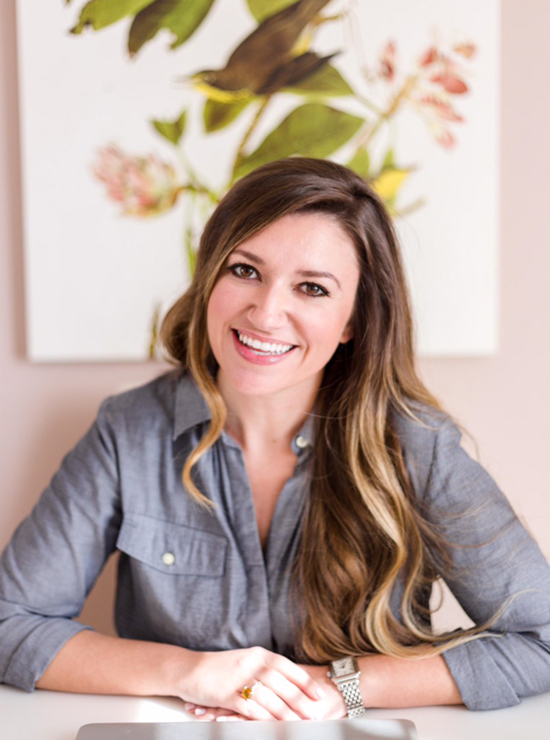You read it right, kick the cool girl voice—this also counts for the ‘cool corporate voice,’ or the ‘cool artistic voice,’ and we could probably keep going.
Sometimes the invisible giant standing between us and that blank page or empty editorial calendar is the gnawing sense that the words don’t have to just get on the page, but they have to sound ‘cool’ doing it. Or if you’re anything like me, maybe you’ve fine-tuned your ‘work’ sound and now find yourself with the troubling talent of changing voices like you would a new outfit.
Now, developing the ability to write from different perspectives, or to suit different situations or unique needs is a vital skillset. We’re not talking about swapping out styles for a variety of clients and their diverse occasions and audiences, because that’s another must-have skill.
The ‘cool girl voice’ kicks in when we write a line of copy with the singular intent to present only the words we think our readers (or worst case scenario, our critics) want to hear. When we become more fixated on anticipating what we imagine the world wants to hear from us, instead of focusing on the message we feel most compelled to share, that is when the ‘cool girl voice’ steals our real voice.
“Don’t try to figure out what other people want to hear from you; figure out what you have to say.”— Barbara Kingsolver, author
Capturing, defining, and strengthening your voice is an elusive dance made all the more difficult by the good-intentioned efforts of successful marketing writing and winning corporate copy. Peeling back the pretense and revealing our truest words is an overwhelmingly worthy effort.
Let’s figure out the different reasons we may have lost our own voice along the way.
If you have a ‘work voice’ or ‘client voice’ that you’ve honed, crafted, and continue to perfect and go back to—you don’t have to lose that.
In fact, if you write by day or as a part of your side-hustle, becoming familiar with a particular sound or vernacular apart from your own is just part of the gig. Embrace it! Count it as a victory when you write on behalf of another person or organization and readers can’t tell that you’re the true author.
But we have to know when to take off that other identity, put it aside, and get back to the business of using our own voice. I’ve gone through seasons as a writer where I completely lost my voice in the shuffle, and I couldn’t figure out where my work ended and where the real me started.
And if we aren’t losing our voice out of the learned necessity of writing for others, then we’re losing it in that endless effort to be what we think our audience wants us to be. The effort of imagining and crafting a whole persona that we think the world wants from us is debilitating.
But if the answer to kicking the ‘cool girl voice’ and writing from a place of true authenticity is to just not think about other people when we write, well that sounds impossible. And it is! It’s impossible to write without considering what we think readers are hoping to hear from us—or without the slightest thought as to what people will think of whatever message we’re putting out there. It’s impossible to live completely free of the expectations people have of us or our writing, but this doesn’t have to be such a bad thing.
When we write something, we write for someone, even if that someone is ourselves. The magic of words doesn’t really exist without ears to hear them or hearts to absorb them.
So instead of focusing on getting other people out of our heads when writing, how about focusing on the right people. Instead of picturing a room full of strangers, or worse, a room full of critics, all expecting the ‘cool girl voice’ what if we pictured our best friend?
Figure out what you have to say to the people most important to you, the people you love, real people, and you’ll find your most authentic words and shape your truest voice. Think of the people who you can be yourself with, and write just for them—the ‘cool girl voice’ won’t stand a chance.
“To be yourself in a world that is constantly trying to make you something else is the greatest accomplishment.”—Ralph Waldo Emerson

 Lauren is a South Florida native fueled by coffee and living by her wall-sized, dry erase calendar. By day, you can find her leading a team of some of her favorite marketing girls at a local non-profit, and by night you can probably find her staying up too late.
Lauren is a South Florida native fueled by coffee and living by her wall-sized, dry erase calendar. By day, you can find her leading a team of some of her favorite marketing girls at a local non-profit, and by night you can probably find her staying up too late.